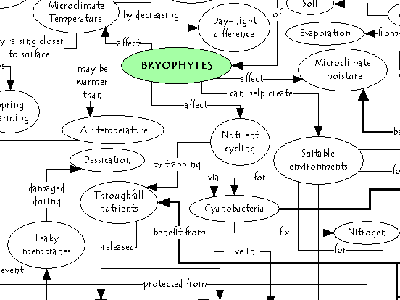With the completion of the e-portfolio pilot project at UBC, the departments involved have outlined a summary of the successes and suggested improvements to the program. To download the science portfolio report, click here.
Category: Science
Biology 240 is a lab course that uses guided inquiry. As part of the course assignments, students are required to fill in a lab journal at the end of each class. However, students were not required to reflect, over-all, on the entire process that is reflected in their journals. The e-portfolio project facilitates further reflection and integration of materials in the course and across other courses, and helps create meta-reflective individuals and peer-to-peer learning environments. This type of reflection encourages on-going dialogue and individual, instructor, course, and, potentially, program reflection.
Contact: Joanne Nakonechny at joanne.nakonechny@ubc.ca
Uploading Images to the Student Presentation Area: this document guides students how to upload images to their student presentation area in WebCT.
How to Convert Word to HTML: this document guides student how to create a web page from scratch using Microsoft Word. Students can then upload the HTML file to their WebCT e-portfolio.
Science e-Portfolio Project
BIOL 321 is both a lecture and learner-centred lab. The proposed e-Portfolio project proposed facilitates reflection and integration of material in the lecture and laboratory components of the course and across other courses. This type of reflection encourages on-going dialogue and individual, instructor, course, and potentially program reflection.
Objectives:
- To create a reflective individual and peer-to-peer learning environment through the use of personal reflective paragraphs.
- To assess students’ conceptual understanding of the course concepts, the extent to which key concepts are related to other courses, students’ reflection of their own learning, and responsibility for learning.
- To provide a reflective space for graduate students in the Life Sciences so they can assess their growth and development as teachers.
Evaluation:
The project evaluation, both formative and summative in nature, will be based on student surveys and focus groups and the instructor’s evaluation of the process and project product.
